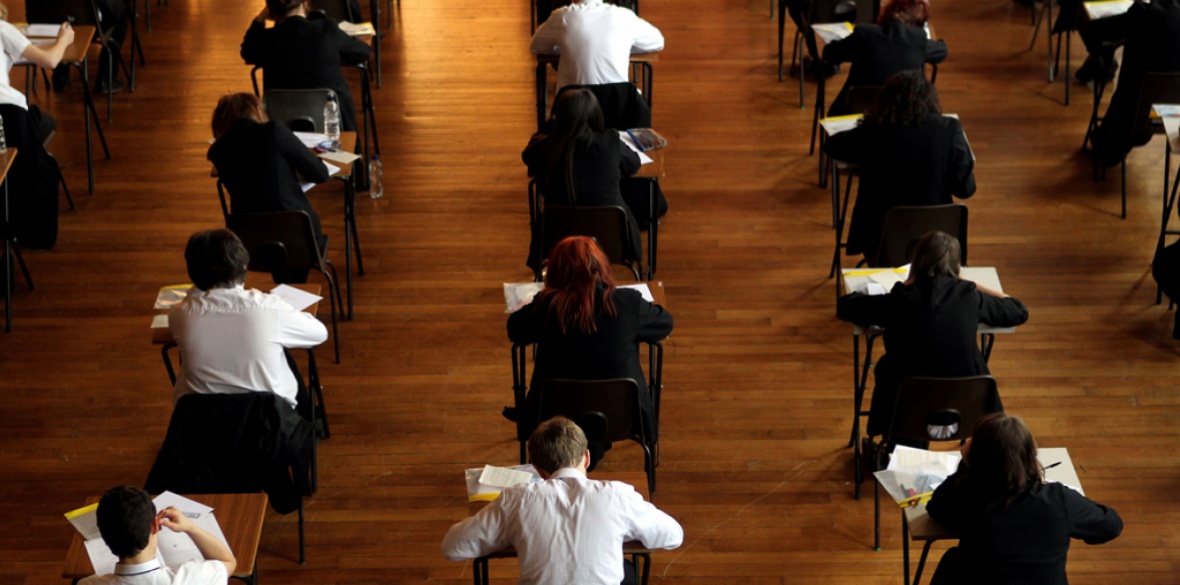This is the last article you can read this month
You can read more article this month
You can read more articles this month
Sorry your limit is up for this month
Reset on:
Please help support the Morning Star by subscribing here
THERESA MAY’S government will make “little or no headway in closing the attainment gap” in schools before the next election, a damning new report says today.
A study by the Education Endowment Foundation (EEF) found that the gap between disadvantaged pupils and their classmates grows wider at every stage of education.
Though such a gap exists from the off, pupils from poorer families are nine-and-a-half months behind by the end of primary school. By the end of secondary school, it has more than doubled to more than 19 months. The gap is not just confined to underperforming schools, being consistent across Ofsted’s rankings.
The EEF analysis predicts a slight decrease in the gap between disadvantaged pupils with at least a good pass in English and maths and all other pupils. This void is set to reduce from 24 percentage points to 21.5 between 2017 and 2021.
But by another measure, which assesses average achievement in GCSE across eight subjects, there will be no change. The attainment gap of 11 percentage points in 2017 will remain in 2021.
By a third index, which measures progress between junior school and GCSE level across eight subjects, the attainment gap will actually increase from 14.8 percentage points in 2017 to 15.6 in 2021.
National Education Union general secretary Mary Bousted said: “The report demonstrates that the link between social demography and educational destiny has not been broken.”
EEF chief executive Sir Kevan Collins said: “We know the attainment gap is not inevitable. In one in 10 schools, disadvantaged pupils’ outcomes exceed the national average for all pupils. So secondary schools can make some important headway in boosting outcomes for the poorest students.”
The report said the attainment gap could be tackled by prioritising early-years education, deploying “targeted small-group interventions” and “robust and rigorous” evaluation of teaching strategies.
But Dr Bousted said Tory dogma had undermined efforts for progress. “The report also shows that recent education policy, such as the constant assessment of children, compounds the gap caused by disadvantage.
“The government needs to rethink these damaging policies.
“Trying to fix the problem when children reach secondary school is far too late, but increasing funding in early years can improve later attainment hugely.
“Current funding for early-years provision is wholly inadequate and needs to be reviewed if the government is serious about ensuring that disadvantaged children get the best start.”

 Conrad Landin
Conrad Landin








